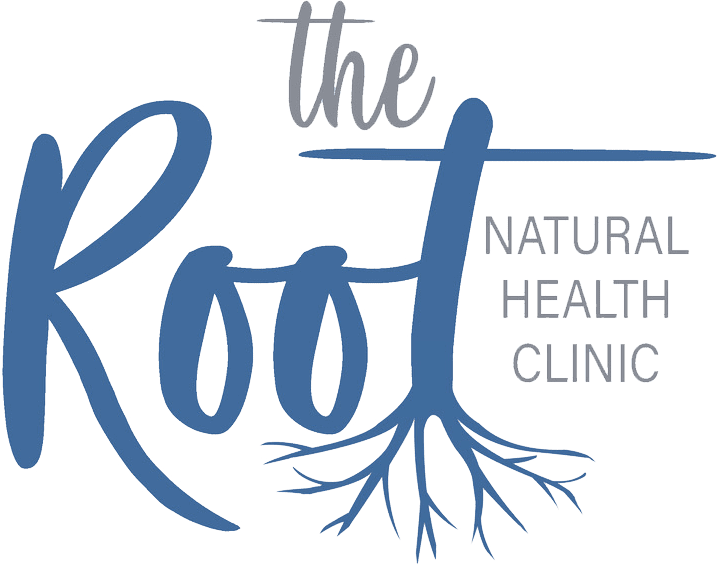My go-to treatments for thin uterine lining
A concern some women face when using assisted reproductive technology is finding out they have a thin uterine lining. A uterine lining less than 7mm is associated with decreased implantation rates and increased miscarriage rates. A uterine lining >8mm is ideal with even greater success observed with uterine linings >14 mm. The uterine lining thickens in response to rising estrogen throughout the cycle. It makes sense then that one of the first-line treatments for a thin uterine lining is to prescribe estrogen before an embryo transfer. When the lining doesn’t thicken even when estrogen is given is when I usually see patients in my office. These are my top 3 go-to treatments for a thin uterine lining:
- Selective estrogen receptor modulator (SERM) herbs. SERM’s are phytoestrogenic herbs like wild yam, black cohosh, and shatavari that work by improving estrogen receptivity. If patient’s have done medicated fertility cycle’s with the drug estrace (oral estrogen) to improve uterine lining but have achieved optimal thickness, I usually recommend SERM herbs. In these patients, although estrogen is high, it is thought they have decreased endometrial receptivity to the elevated estrogen and their lining is not responding to it. SERM herbs help improve uterine estrogen receptivity and as an added benefit they also decrease the time to follicular maturation. These herbs are best to start before an assisted cycle.
- Arginine & Vitamin E. Arginine and vitamin E have both shown on their own to increase uterine blood flow (more blood= thicker lining) and have an additive effect when combined together. They are generally very safe supplements to take but patients with a history of herpes simplex infections should be cautious as arginine can trigger herpes outbreaks.
- N-Aceytlcystine (NAC). NAC acts as a precursor to the anti-oxidant glutathione. Along improving a thin uterine lining, NAC has also been shown to decrease chances of recurrent pregnancy loss, improve the efficacy of Letrazole and regulate blood sugar in women with PCOS. At lower doses NAC is also safe to take during pregnancy.
This article is intended for informational purposes and does not replace medical advice. To see if these treatments would be right for you speak with you health care provider or book in for a free discovery call.
